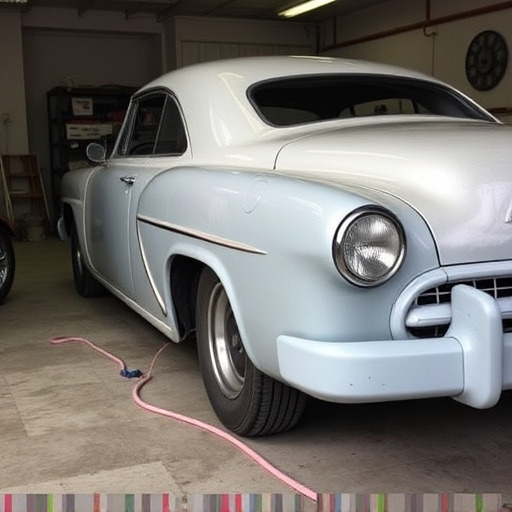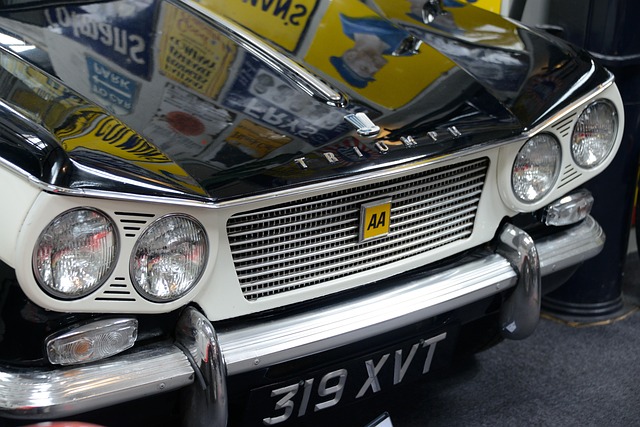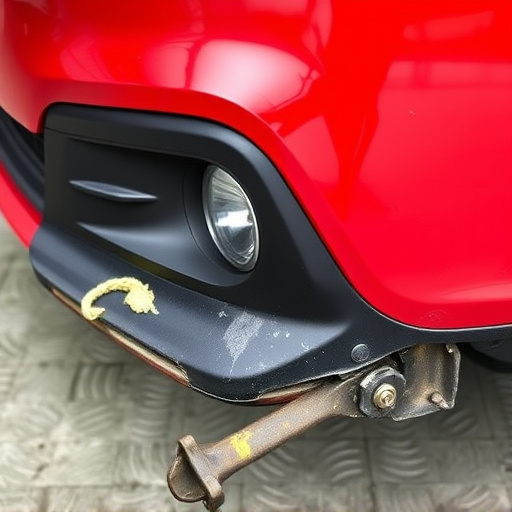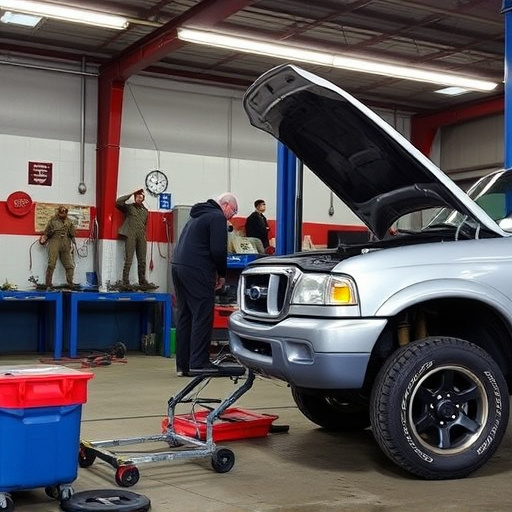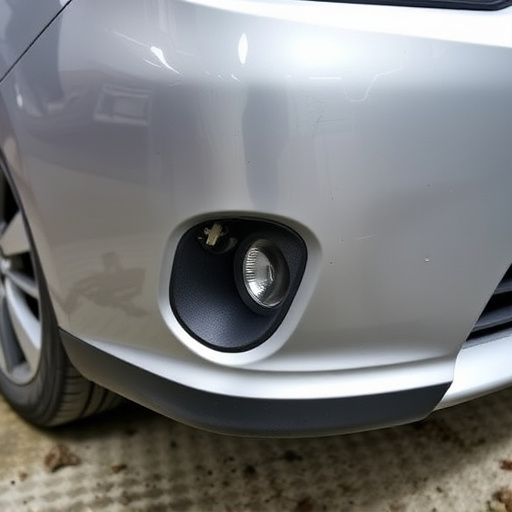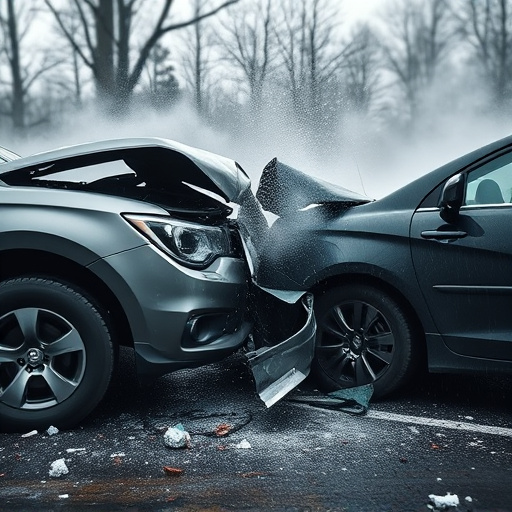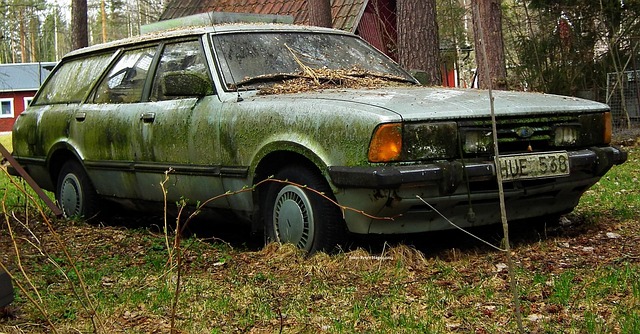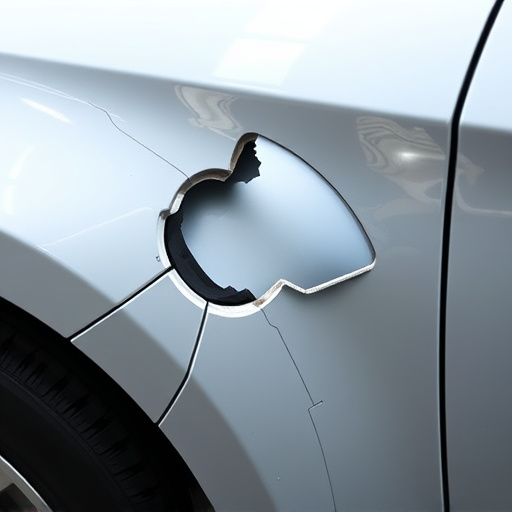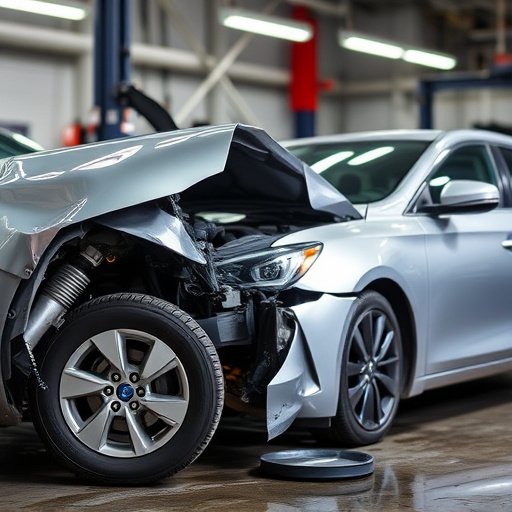Collision repair specialists are leveraging advanced diagnostics and modern technology to revolutionize their trade, ensuring precise, efficient, and high-quality repairs. Through sensors, scanners, and specialized software, they can accurately assess damage, including hidden internal issues, and provide faster turnaround times. Technologies like CAD software, 3D scanning, robotic welding, and automated paint application enhance accuracy, reduce errors, and guarantee durable finishes. This transformation sets a new industry standard for collision repair specialists, providing customers with superior services and peace of mind.
Collision repair specialists are transforming their services through advanced diagnostics, revolutionizing an industry once dominated by trial and error. This article explores how modern technology is not just enhancing efficiency but also precision in collision repair. We’ll delve into three key sections: understanding advanced diagnostics, the impact on service delivery, and real-world case studies showcasing successful transformations. By embracing these tools, collision repair specialists are setting new standards for quality and customer satisfaction.
- Understanding Advanced Diagnostics: A Collision Repair Specialist's Toolkit
- The Impact of Modern Technology on Collision Repair Efficiency and Precision
- Case Studies: How Advanced Diagnostics Transform Collision Repair Services
Understanding Advanced Diagnostics: A Collision Repair Specialist's Toolkit
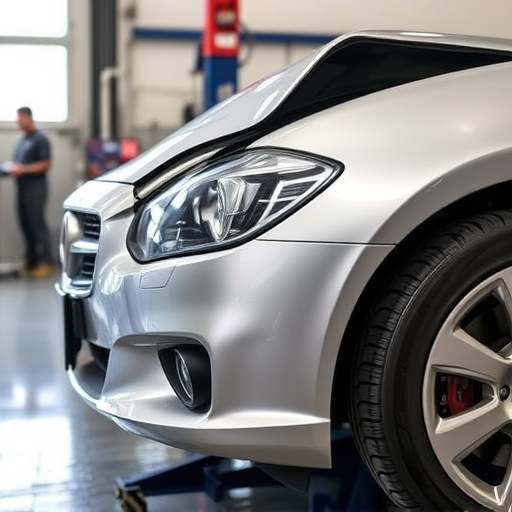
Collision repair specialists increasingly rely on advanced diagnostics to streamline their work and deliver precise repairs. These tools are a specialist’s ultimate toolkit, offering in-depth insights into vehicle damage that were previously unimaginable. Advanced diagnostics go beyond basic visual inspections and manual testing, leveraging technology like sensors, scanners, and specialized software to pinpoint issues with accuracy.
By integrating these diagnostic methods, collision repair specialists can efficiently assess complex car damage, including dent repair, car paint repairs, and even hidden internal damage. This not only enhances the speed and effectiveness of repairs but also ensures that every vehicle leaves the workshop in pristine condition. Advanced diagnostics empower professionals to make data-driven decisions, ultimately elevating the standards of the industry as a whole.
The Impact of Modern Technology on Collision Repair Efficiency and Precision
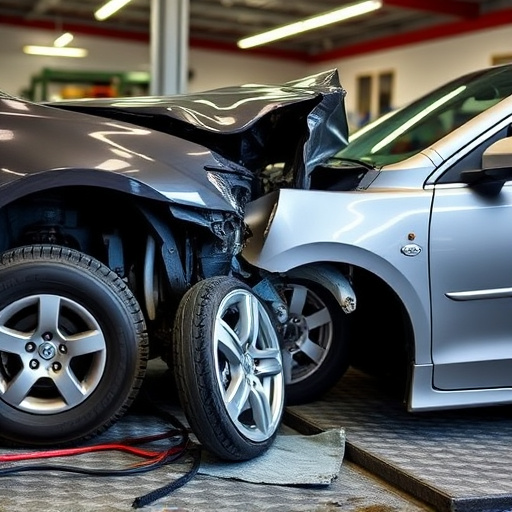
Modern technology has significantly revolutionized collision repair, offering specialists unprecedented efficiency and precision. Advanced diagnostic tools, such as computer-aided design (CAD) software and 3D scanning systems, enable collision repair professionals to precisely measure and analyze vehicle damage. These technologies provide detailed digital models, allowing for more accurate estimates, faster turnaround times, and improved communication with insurance companies.
The adoption of modern technology in car repair services has also led to enhanced quality control. High-tech equipment, like robotic welding systems and automated paint application tools, ensures consistent and precise results, reducing human error. This not only speeds up the fender repair process but also guarantees a more seamless and durable finish. Collision repair specialists can now offer customers not just quick fixes but also top-notch, long-lasting car paint repair solutions.
Case Studies: How Advanced Diagnostics Transform Collision Repair Services
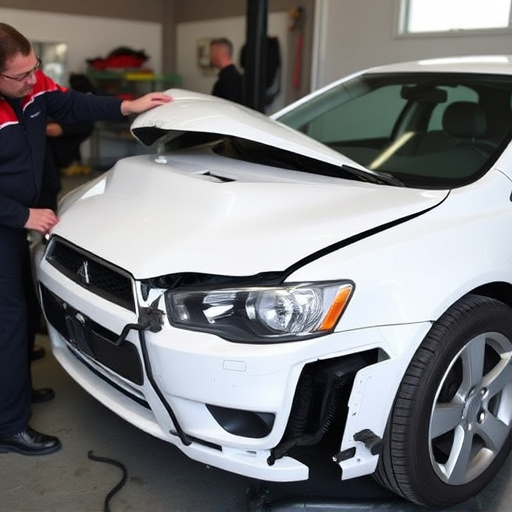
Collision repair specialists are increasingly adopting advanced diagnostics to revolutionize their services. These cutting-edge technologies offer unparalleled precision and efficiency in identifying and repairing vehicle damage, setting a new standard for the industry. Case studies from leading collision centers, such as those specializing in Mercedes-Benz repair, demonstrate the significant benefits of these diagnostic tools.
For instance, modern diagnostic systems can quickly scan vehicles for hidden damage, including intricate internal components and complex electronic systems. This capability has been instrumental in enhancing auto painting processes by ensuring more accurate color matching and precise repairs. Collision centers equipped with advanced diagnostics can now provide faster turnaround times, higher quality workmanship, and more customer satisfaction—all while reducing costs associated with errors and misdiagnoses.
Advanced diagnostics have become indispensable tools for collision repair specialists, revolutionizing their industry. By leveraging modern technology, these professionals can now offer efficient, precise, and innovative services that meet the high demands of today’s drivers. Through case studies, it’s evident that advanced diagnostics not only streamline repairs but also enhance customer satisfaction, ensuring every vehicle leaves the shop in top condition. As collision repair continues to evolve, specialists who embrace these technologies will remain competitive, providing exceptional service tailored to the needs of modern vehicles and their owners.
